The Conference of Heads of Assisted Senior High Schools (CHASS) is calling on parents and guardians to play an active role in addressing the current feeding challenges faced by students in senior high schools.
Recently, CHASS reached out to the Ghana Education Service (GES) to reconsider the reopening of high schools due to lingering financial concerns, particularly related to the government’s non-payment for last year’s perishable food supplies. Unfortunately, this request was not approved.
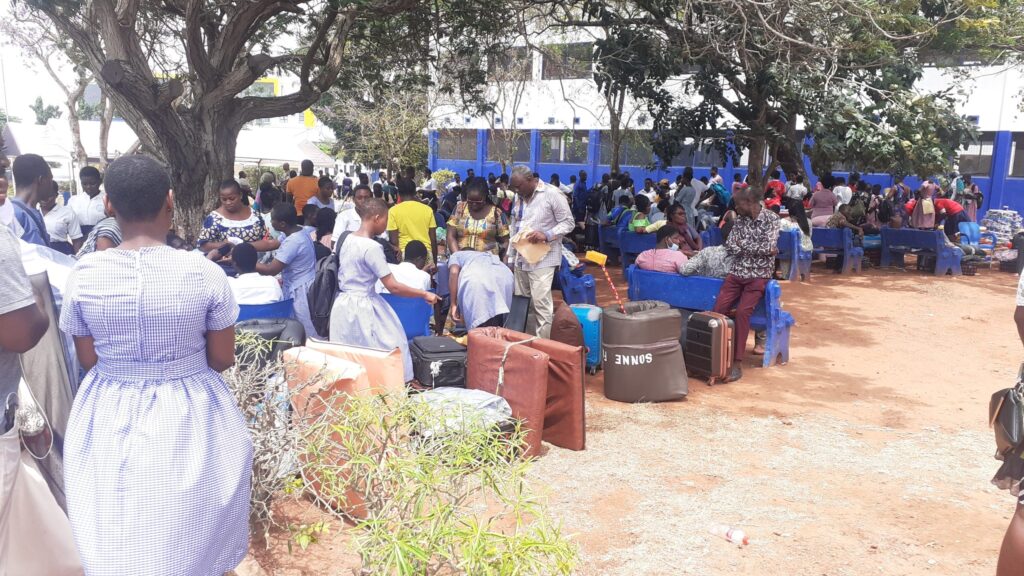
Five days into the new school term, Primus Baro, the National Secretary of CHASS, spoke with JoyNews about the significant food shortages in many institutions, which have resorted to rationing supplies. In light of this situation, he warmly encouraged parents to supplement the school’s provisions by sending their children to school with additional food items.
“I strongly advise parents, and I’ve discussed this with my PTA, to encourage their children to bring food such as gari, shitor, and sugar to school to complement whatever is available,” Baro stated during an interview on JoyNews’ Newsdesk on January 8. He highlighted that this issue has been persistent for the past few years and has intensified at this time, particularly in northern Ghana.
Baro elaborated on the challenges faced by schools in regions such as Upper West, Upper East, and the Northern regions, where food supplies have been inconsistent. He noted the lack of staples, stating, “Apart from rice, we are struggling with basic supplies. For instance, in my school, we currently have no cooking oil, and we’ve had to use margarine as a substitute.”
He emphasized the importance of parental involvement, stating, “We continue to rely on traditional practices where students bring food from home, and this is a crucial reason we’ve been able to welcome students back to school.”
The Free Senior High School (SHS) program, initiated by the previous government, has made significant strides but continues to face a range of challenges, including infrastructure and food supply issues. Critics have pointed out that while the program has increased access to secondary education, there is still work to be done to enhance the quality of the educational experience.
Looking ahead, the newly elected President John Mahama has pledged to revitalize the Free SHS program, focusing on improvements rather than discontinuation. Together, with the support of parents and stakeholders, there is hope for better outcomes in the future of education in Ghana.
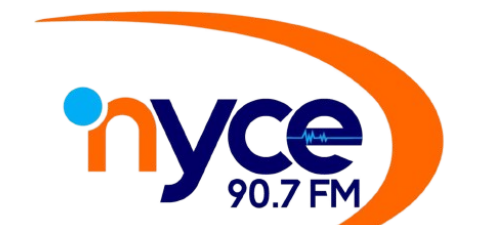
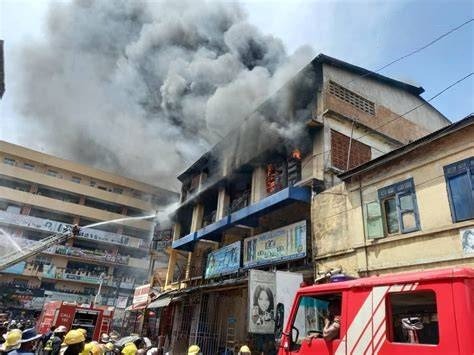

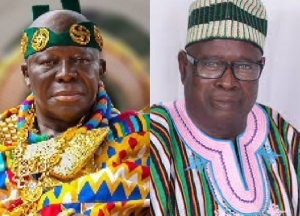

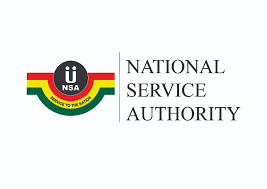
No comment yet, add your voice below!